1. All in the Family – “The Draft Dodger” (1976)
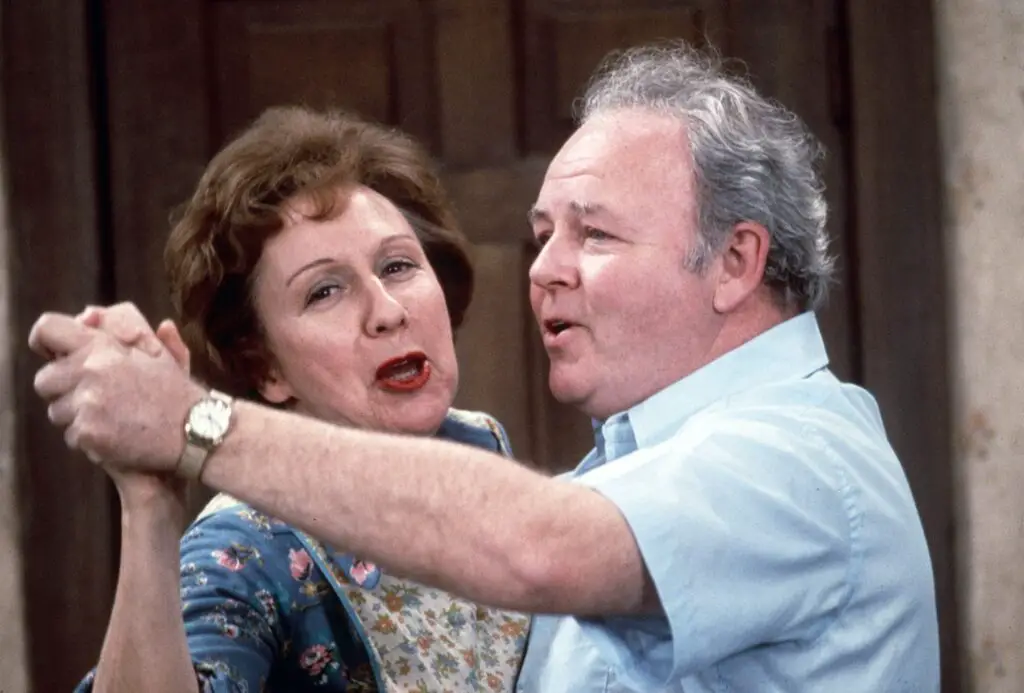
All in the Family was known for pushing boundaries, and the episode “The Draft Dodger” is one of the most controversial of them all. In it, Archie Bunker’s nephew, a Vietnam War draft dodger, visits the Bunker household, leading to explosive clashes between him and Archie. The episode was banned from airing in syndication for a period because of its depiction of war, patriotism, and family conflict. Many critics felt it was too harsh for mainstream TV at the time, with its unapologetic approach to political and social issues.
Despite the backlash, the episode is a prime example of the show’s fearless approach to tackling topics others would shy away from. Its raw, unfiltered portrayal of family dynamics and societal issues created an uncomfortable but necessary conversation about Vietnam War-era tensions. In the context of the time, All in the Family was changing the landscape of sitcoms forever, though this particular episode’s controversial subject matter made networks hesitant to air it again.
2. The Simpsons – “The City of New York vs. Homer Simpson” (1997)

After 9/11, The Simpsons episode “The City of New York vs. Homer Simpson” was temporarily banned from syndication due to its content. The episode centers on Homer trying to retrieve his car from a parking garage in the World Trade Center. Though the episode was originally celebrated for its comedic take on New York City, the tragic events of 9/11 rendered the episode inappropriate for a period after the attacks. The idea of the World Trade Center as a joke felt wrong in a post-9/11 world, leading to the show pulling it from airwaves for several months.
The episode’s initial reception was positive, highlighting Homer’s ridiculous antics and the family’s chaotic trip to New York City. However, its quick return to air after the tragedy shows just how cultural contexts can shape what is seen as acceptable, even for a show known for pushing boundaries. While it eventually made its way back to syndication, the hiatus proved that sometimes timing is everything in the world of comedy.
3. M*A*S*H – “Death Takes a Holiday” (1974)
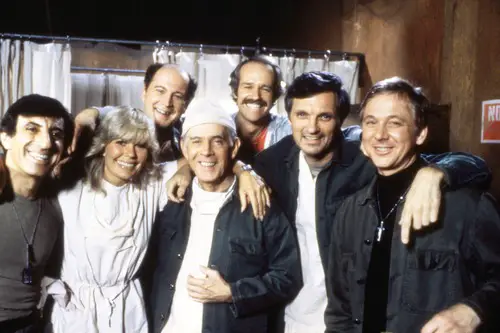
M*A*S*H was another groundbreaking show that faced controversy for its unflinching look at war, death, and the human condition. The episode “Death Takes a Holiday,” where Hawkeye and Trapper are confronted with a soldier’s fatal injuries, was considered too intense for broadcast. The scenes showing the soldier’s suffering and the staff’s emotional toll were so raw that the network decided to pull it from rotation. Its portrayal of death without the usual comedic buffer was seen as too grim for a sitcom, even one set in the midst of the Korean War.
Though the show was lauded for addressing the seriousness of war with humor, this particular episode pushed the envelope in a way that was difficult for audiences to digest. The emotional weight of the story served to deepen the characters but was seen as a departure from what was expected from a sitcom. The ban on the episode only fueled its reputation as one of M*A*S*H‘s most powerful and unforgettable moments.
4. Married with Children – “The Game Show” (1991)
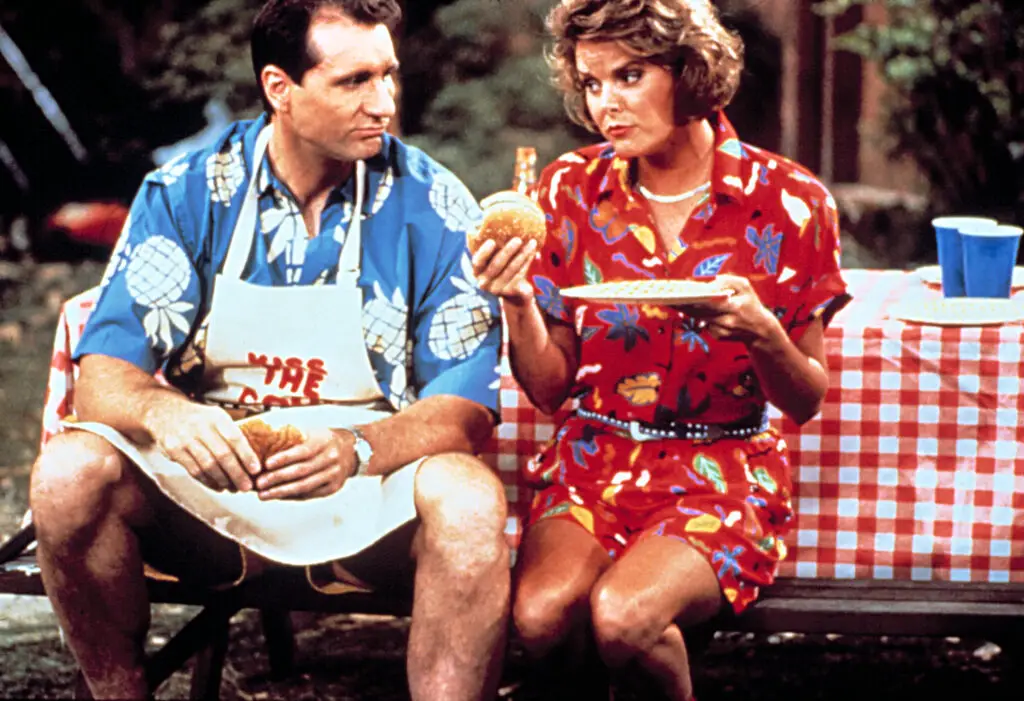
In Married with Children, nothing was off-limits, but “The Game Show” took it one step further. The episode, which features Al Bundy being forced to participate in a game show that humiliates him, was banned for its excessive sexual innuendo and crude humor. The show had always walked a fine line with its boundary-pushing comedy, but this episode was deemed too much for the conservative TV landscape of the time. The explicit nature of the jokes and the unrelenting mockery of Al’s masculinity sparked outrage.
Though Married with Children was known for its controversial humor, this particular episode left many feeling uncomfortable with its portrayal of sexuality and exploitation. It was so extreme that it got pulled from some markets, making it one of the rare instances where the show’s bold approach to humor backfired. Still, for fans of the series, it remains one of the most memorable episodes that cemented Married with Children as a truly unconventional sitcom.
5. The Office – “Diversity Day” (2005)
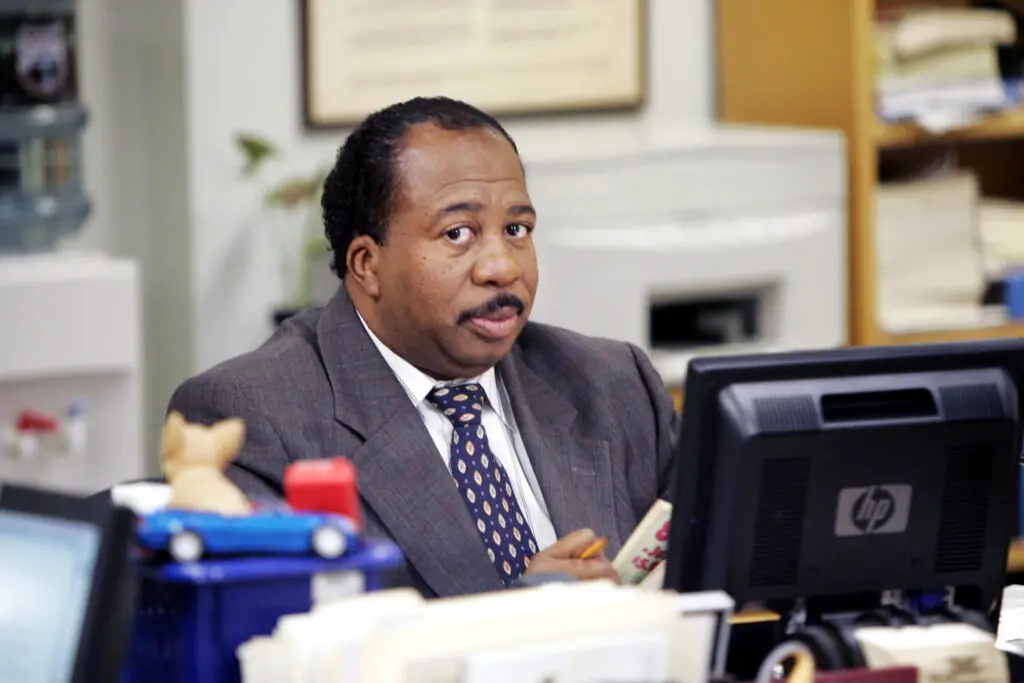
While The Office is now praised for its biting humor and social commentary, the episode “Diversity Day” faced heavy criticism upon its original airing. In this episode, Michael Scott attempts to run a diversity training seminar at the office, but his inappropriate jokes and lack of understanding only make things worse. The content felt dangerously close to crossing the line between edgy humor and offensive stereotyping, especially with its portrayal of racial and cultural insensitivity. NBC initially decided to limit the episode’s availability after it aired, as many felt it was too provocative for mainstream television at the time.
Despite the backlash, “Diversity Day” has since become one of the most iconic episodes of The Office, serving as a sharp commentary on the ignorance and awkwardness that can pervade well-meaning but misguided attempts at diversity. It’s a reminder that comedy can walk a fine line, and some topics take time to be handled with the sensitivity they deserve. While banned for a brief period, the episode’s impact on the show’s success is undeniable.
6. South Park – “200” and “201” (2010)
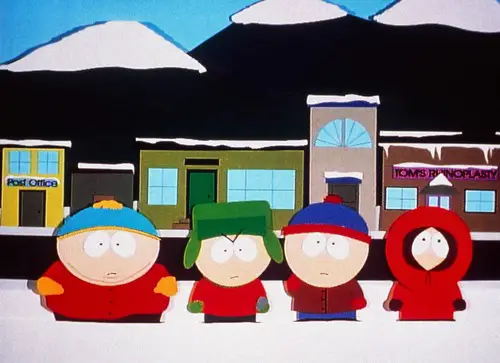
The South Park episodes “200” and “201” caused a major stir in 2010, leading to their temporary ban. These episodes featured the show’s controversial depiction of the prophet Muhammad, which led to significant backlash from certain religious groups. The episodes were pulled from airing after threats were made against the show’s creators. The combination of explicit content and the handling of a sensitive religious subject led to a rare moment where South Park had to face consequences for its typically boundary-pushing humor.
Though South Park has a reputation for mocking nearly every topic under the sun, the inclusion of Muhammad in these particular episodes crossed a line that the network couldn’t ignore. The fallout led to the episodes being edited for later reruns, though the controversy only fueled the show’s reputation for fearless satire. It was one of the most significant moments in the show’s history, demonstrating the risks that come with using religion as fodder for comedy.
